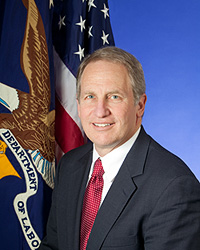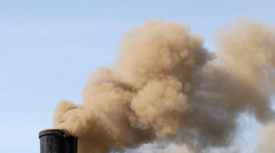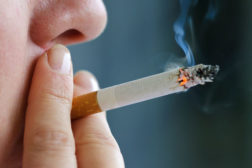News
A Confined Space blog post
Harvey update: Flooded chemical plant explodes. Trump policies increase future risk
September 1, 2017
Only 3.3 percent of ER visits are “avoidable”
"The myths about ‘unnecessary’ ER visits are just that – myths.”
August 31, 2017
Become a Leader in Safety Culture
Build your knowledge with ISHN, covering key safety, health and industrial hygiene news, products, and trends.
JOIN TODAYCopyright ©2024. All Rights Reserved BNP Media.
Design, CMS, Hosting & Web Development :: ePublishing








